Lionsgate has caused considerable uproar by entering a deal with AI startup Runway to utilize its extensive film and TV library in developing a custom AI model. This initiative aims to enhance the creative processes of filmmakers, directors, and other talent associated with Lionsgate, as claimed by the company's Vice Chair, Michael Burns. However, the move has been met with significant backlash from the creative community, particularly regarding concerns about the ethical implications of training AI on existing works without clear compensation for the original creators. The vagueness of the deal, especially the lack of details about how the AI would be trained, has only intensified criticisms, drawing parallels to prior controversies surrounding AI's role in film production.
What are the implications of Lionsgate's AI partnership on filmmakers and creative work?Lionsgate's partnership with Runway raises significant concerns about creative rights and the potential for AI to replace human jobs in the film industry. Many industry figures worry that using AI trained on existing works could undermine the value of original creativity and artistry, leading to a future where AI plays a dominant role in filmmaking processes without adequate compensation for human creators.
John Wick, the franchise that has put Lionsgate on the map, is a notable example of its filmmaking prowess. The franchise has become iconic, combining intense action and a unique underworld narrative. As Lionsgate continues to explore new technologies like AI, it's crucial to consider the delicate balance between innovation and preserving the artistic integrity that has defined successful films in the industry.

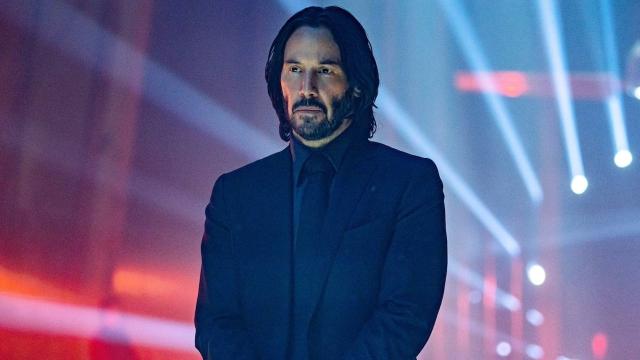

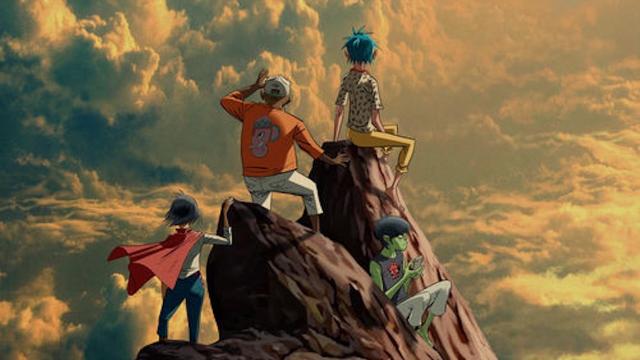
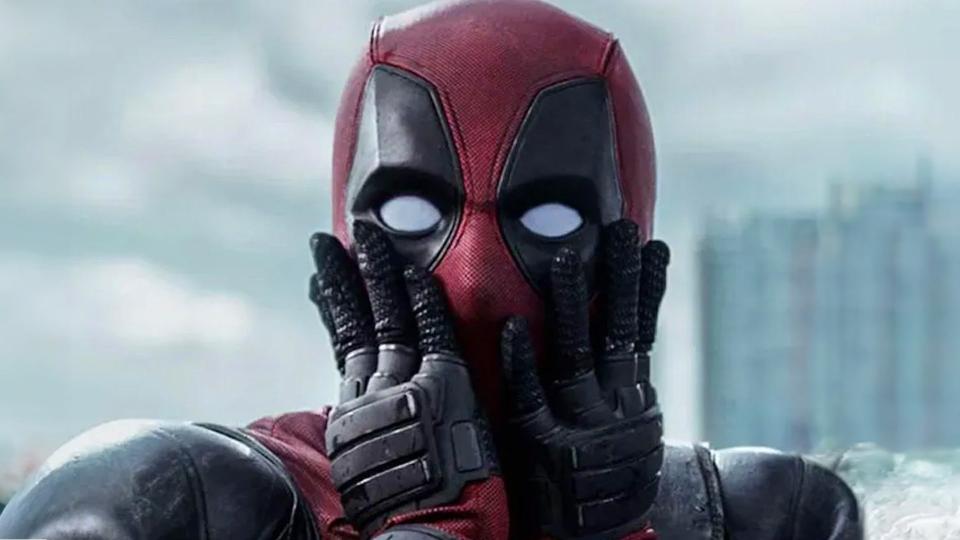
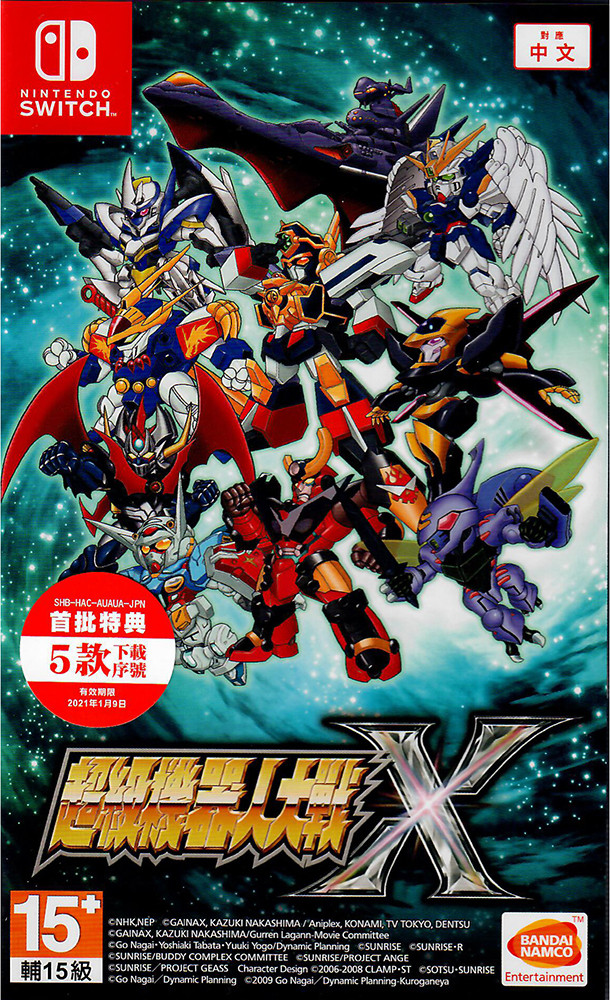

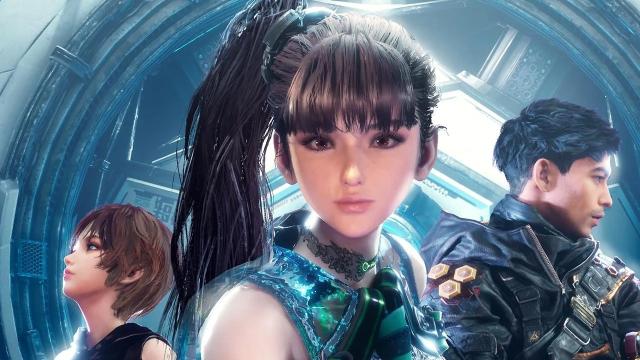
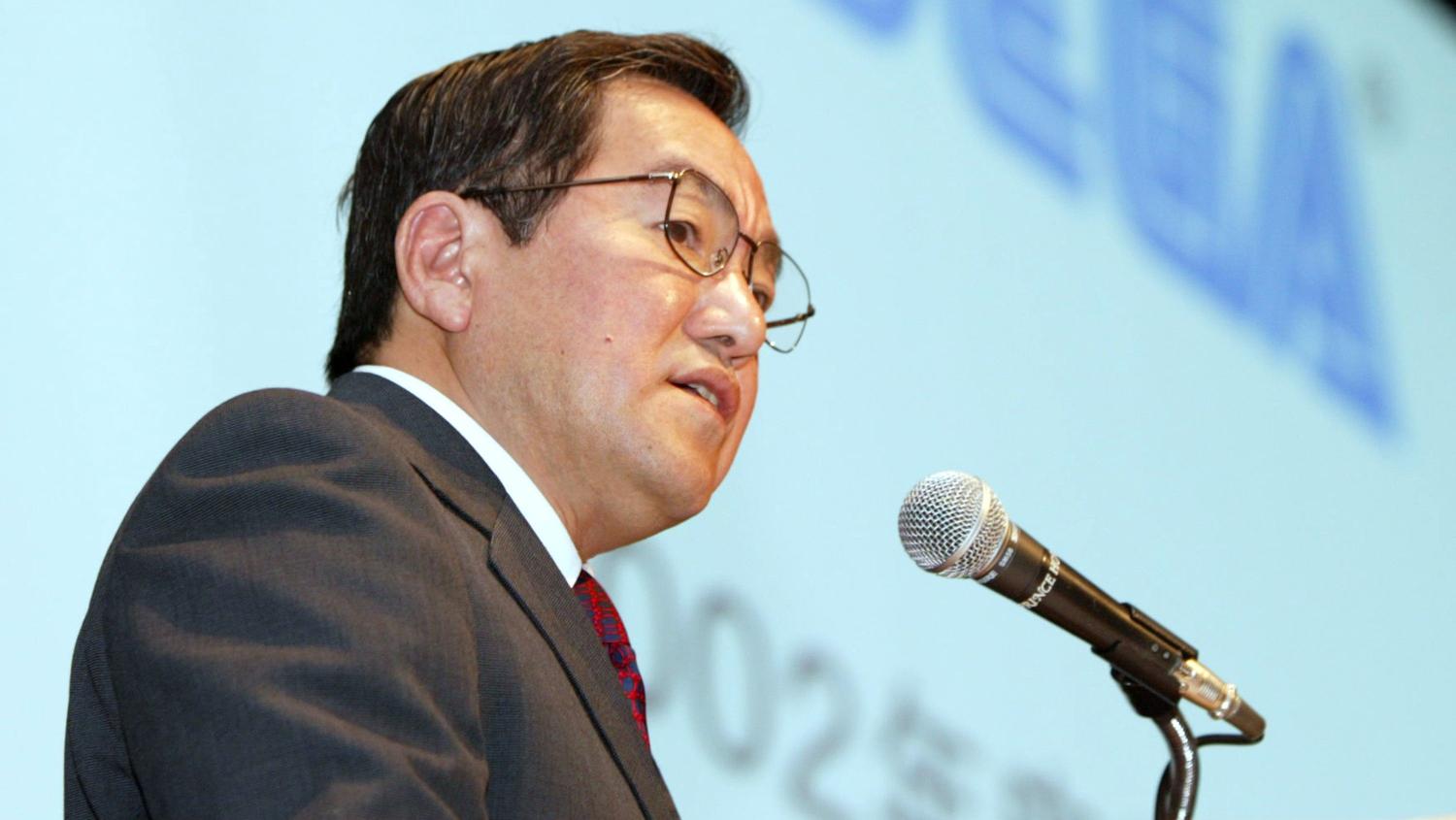

Comments
It's definitely a double-edged sword; while AI can potentially streamline the creative process, it raises serious questions about originality and fair compensation for artists. The backlash from the creative community highlights the need for clearer ethical guidelines before diving headfirst into these innovations.
It's fascinating to see a major player like Lionsgate stepping into the AI arena, but it definitely raises a lot of red flags for the creative community. The balance between harnessing innovative tech and respecting artistic integrity is going to be a crucial conversation moving forward—hopefully, they tread carefully
It’s fascinating to see Lionsgate diving into AI, but it really raises questions about where we draw the line between innovation and respecting creators’ rights. If we start leaning too heavily on AI without fair compensation, we might lose the very essence of what makes storytelling so special in film.